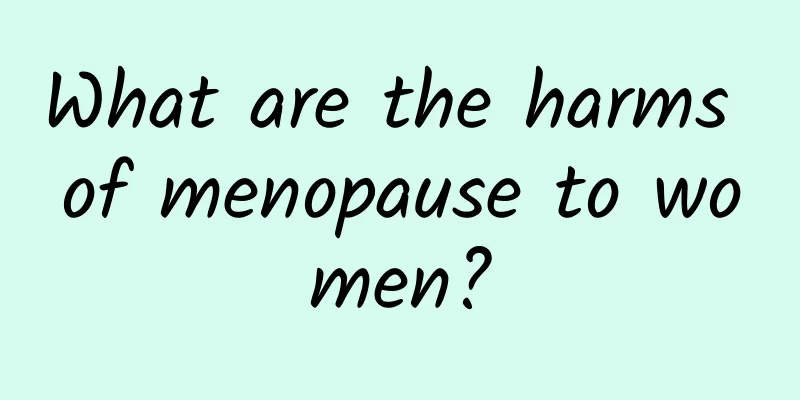Treatment of dysfunctional uterine bleeding

|
Menopausal functional uterine bleeding is generally treated with hormones as follows: Progesterone can make the endometrium fall off after the change of the secretory phase to stop bleeding. For those with little bleeding, 10-20 mg of progesterone can be used daily, and the bleeding can usually stop within 2-3 days. For those with long bleeding time and heavy blood loss, the treatment time should be extended, and a large amount of artificial synthetic progesterone can be taken orally, and the dosage should be gradually reduced after the bleeding stops. Androgens can improve the hyperplasia of the endometrium, produce negative feedback and inhibit hypothalamic function, reduce the secretion of follicle-stimulating hormone and luteinizing hormone, and thus reduce the secretion of ovarian estrogen; they can enhance the tension of uterine muscles and uterine blood vessels; reduce pelvic congestion and reduce bleeding; and promote protein synthesis, thereby improving the patient's overall condition. Androgens generally cannot be used alone to stop bleeding, but can be used in combination with estrogen or progesterone to make up for the defects of single medication and enhance the efficacy, and sometimes reduce withdrawal bleeding. The usage is that when the menstrual blood volume is heavy, 25-50 mg of testosterone propionate can be injected intramuscularly daily for 3 consecutive days. Testosterone inhibits ovarian function and causes menopause. Usage: sublingual methyltestosterone 5 mg, twice a day, or oral 10 mg, once a day, for 20 consecutive days, stop for 10 days and continue the same treatment, which can be used for 3-6 months. This method is relatively simple and has no withdrawal bleeding, but it should be used with caution in patients with hypertension, cardiovascular disease or liver damage. |
>>: Dietary taboos that patients with vulvar leukoplakia should follow
Recommend
What factors affect women's menopause?
Menopause not only harms our body, but also tortu...
What happens if vaginitis is not treated in time?
Among gynecological diseases, vaginitis is a rela...
Introduction to six common symptoms of uterine fibroids
Uterine fibroids are a common tumor that grows in...
How long will it take for uterine cysts to die if they are not treated?
Many people are troubled by the question of how l...
What are the common treatment options for menopause?
Menopause is a common gynecological disease. Expe...
Hormone imbalance may generally lead to ectopic pregnancy
Hormone imbalance may generally lead to ectopic p...
How much does it cost to cure Bartholinitis?
How much does it cost to completely cure Bartholi...
What are the causes of irregular menstruation? These 4 causes are very common!
Among gynecological diseases, irregular menstruat...
Pelvic effusion infection route
If women experience lower abdominal pain and feve...
Can B-ultrasound detect ectopic pregnancy?
Can B-ultrasound detect ectopic pregnancy? Gyneco...
What causes cervicitis? How to effectively treat cervicitis?
The incidence of cervicitis among gynecological d...
Experts tell you how women should self-check ovarian cysts?
Ovarian cyst is a frequently-occurring disease an...
Adnexitis favors white-collar workers
Gynecological diseases have always been a headach...
Can I take Yasmin if I have uterine fibroids?
Yasmin is the trade name of drospirenone ethinyl ...
Four major hazards of uterine fibroids
What are the main hazards of uterine fibroids? Ut...









